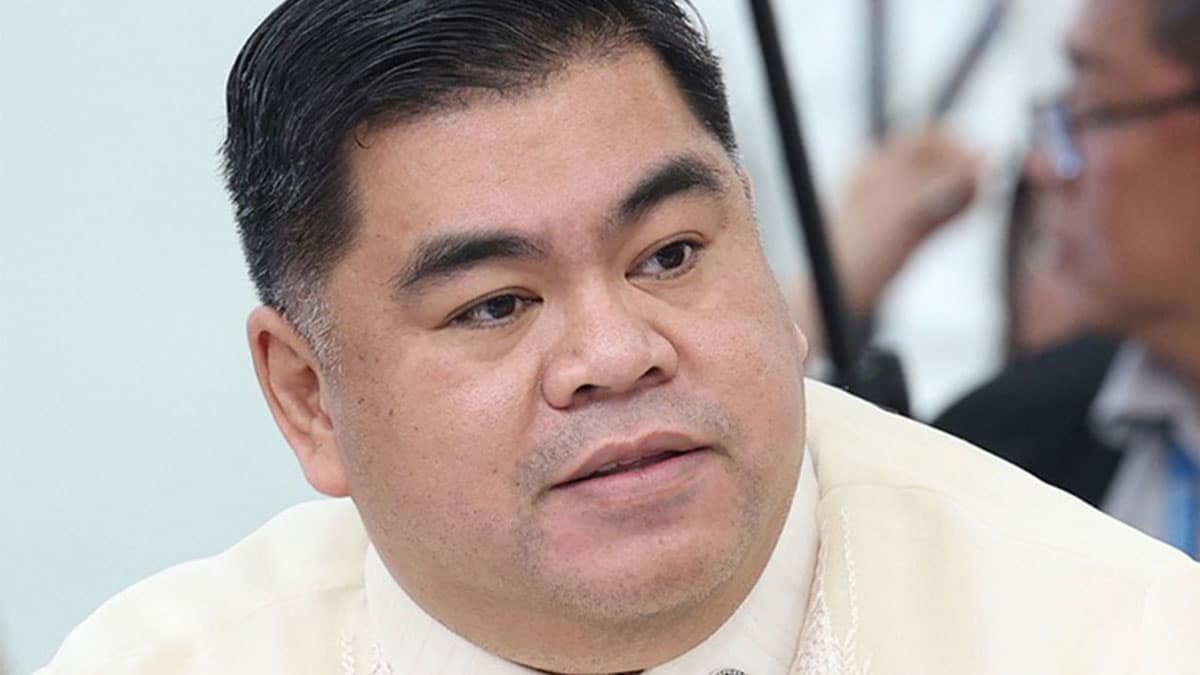House leader seeks San Juanico probe

AGING LINK Only light vehicles are allowed to pass through the San Juanico Bridge connecting Samar and Leyte Islands after the government imposed a weight limit that barred cargo trucks and other large vehicles from using the 52-year-old structure that is due for major repairs. —Tacloban City Information Office/Facebook
MANILA, Philippines — A ranking House lawmaker has called for an investigation into the “transportation and economic crisis” stemming from the restrictions on load limits imposed on San Juanico Bridge that connects Leyte and Samar Islands in Eastern Visayas.
In a privilege speech delivered at the resumption of the 19th Congress’ session on Monday, House Assistant Majority Leader Jude Acidre said the Department of Public Works and Highways’ (DPWH) new policy imposing a 3-ton maximum axle load limit on all vehicles passing through the bridge “came far too late.”
He called for a congressional inquiry into the issues affecting the iconic 2.16-kilometer bridge as well as the alleged “negligence” of the DPWH and other agencies in waiting too long to intervene.
“Let me be clear: the people of Eastern Visayas are not angry because the bridge is being repaired. We welcome this rehabilitation. What we cannot accept is the insensitivity, the utter disregard, of those entrusted to plan this repair,” said Acidre, the representative of Tingog party list.
READ: Samar loses P20M daily due to San Juanico restrictions
“The San Juanico Bridge did not age overnight. Its structural problems were not a surprise. Yet DPWH waited for results of a consultant study before taking any real action. And by then it was too late,” he added.
Supply chain disruption
“There were no contingency measures in place, no alternative routes ready. This is negligence plain and simple,” the lawmaker added.
The sudden imposition of the policy, Acidre said, has led to the provinces of Leyte and Samar Islands facing “escalating freight costs, longer transit times, looming economic slowdown, reduced investor confidence, and potential ripple effects on food security and health logistics nationwide.”
Among others, Acidre said the DPWH and other government agencies should have set up interim transport solutions, fast-tracked permits, managed port congestion, and provided basic support for stranded motorists, to make sure that the medical and food supply chains in both Samar and Leyte do not collapse.
The DPWH said the new load restrictions were necessary because of the deteriorating state of the 52-year-old bridge which was opened in 1973 during the administration of then President Ferdinand Marcos Sr.
Last month, Samar province declared a state of emergency following the difficulty of transporting gasoline and other commodities previously brought into the province via cargo trucks passing through San Juanico.
“The closure of the San Juanico Bridge is not merely a regional inconvenience, it is a national failure that exposes the fragility of our infrastructure system and the negligence of those entrusted with safeguarding them. And it could have been prevented,” Acidre said. /cb
